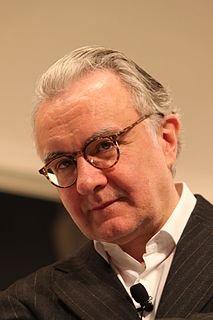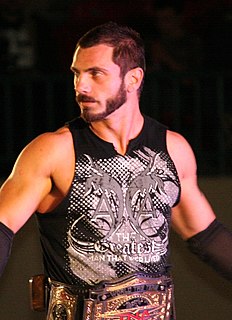A Quote by Jill Stein
We also call for a healthy food system that prioritizes sustainable healthy local food production.
Quote Topics
Related Quotes
Let me say two things about the costs - one is that there are detailed studies that show this, this is what some of the Stanford studies show, in fact, that we get so healthier, so much more healthy, when we eliminate fossil fuel pollution - 200,000 [fewer] premature deaths a year for example. And that's just the death part of it. Not to mention the asthma part of it, the heart attacks and the strokes and the cancers. And we also call for a healthy food system that prioritizes sustainable healthy local food production.
Anybody interested in solving, rather than profiting from, the problems of food production and distribution will see that in the long run the safest food supply is a local food supply, not a supply that is dependent on a global economy. Nations and regions within nations must be left free and should be encouraged to develop the local food economies that best suit local needs and local conditions.
One of the problems is that the US government supports unhealthy food and does very little to support healthy food. I mean, we subsidize high fructose corn syrup. We subsidize hydrogenated corn oil. We do not subsidize organic food. We subsidize four crops that are the building blocks of fast food. And you also have to work on access. We have food deserts in our cities. We know that the distance you live from a supplier of fresh produce is one of the best predictors of your health.






























